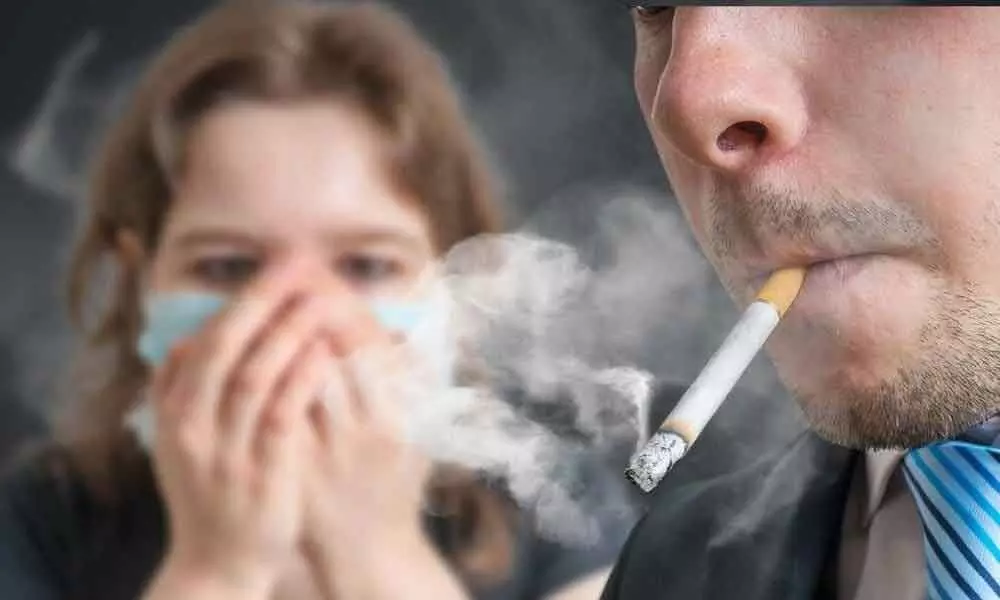Secondhand smoke takes toll on healthcare system

India can save millions of lives and reduce this overwhelming burden through stronger tobacco control policies, says city oncologist
Hyderabad: A new study published in the Journal of Nicotine and Tobacco Research, for the first time, quantified the tremendous economic burden of secondhand smoke exposure in India. According to the findings, secondhand smoke causes Rs 567 billion in health care costs annually, which accounts for 8 per cent of total annual health care expenditures.
The study also finds that the cost of secondhand smoke disproportionately affects India's most vulnerable populations, including women, youth, and those with lower incomes. Researchers from the Rajagiri College of Social Sciences used public data sources and a prevalence-based attributable risk approach to quantify the healthcare cost of continued exposure to secondhand smoke among non-smokers aged 15 and older.
"The findings demonstrate the terrible economic toll that secondhand smoke takes on both the Indian health care system and the secondhand smoke exposed non-smokers. Those most affected are often the most economically vulnerable – women, young people, and those with lower incomes. Action must be taken to reduce the health and economic impact of secondhand smoke in India," according to Dr Rijo John, health economist and adjunct professor, Rajagiri College of Social Sciences, Kochi, author of the study.
According to Dr K Sreekanth, Senior Consultant Surgical Oncologist, Yashoda Hospitals, "While India has made progress in reducing tobacco use, smoking continues to impose a drastic health and economic burden. India can save millions of lives and reduce this overwhelming burden through stronger tobacco control policies.
Strengthening the Cigarette and Other Tobacco Products Act to remove all designated areas from public place and raising taxes on all tobacco products will motivate millions of Indians to quit and prevent youngsters from initiating tobacco use.










